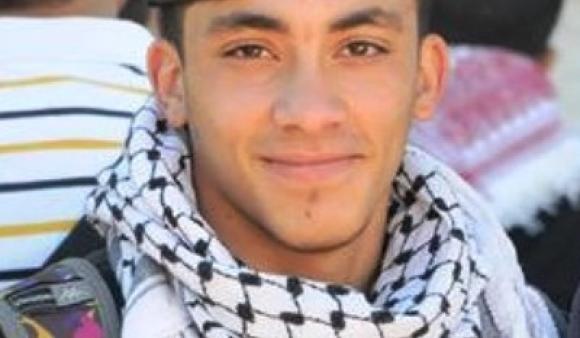Category: In the Media
-
Palestinian hunger strike: “Either I go home – or I go in a plastic bag”
23rd May 2014 | International Women’s Peace Service | Occupied Palestine “What do you want from me?” a 70-year-old lawyer and professor of economics asked the Israeli military when they arrested him last year. “You are very dangerous,” was the explanation. Recalling his reply, the man laughs, his kind face lighting up: “I am dangerous to one of the most…
-
VIDEO: Israeli forces shoot and kill two Palestinian teens near Ramallah
20th May 2014 | Defense For Children International Palestine | Occupied Palestine Unlawful killing of two Palestinian teens outside Ofer – Video from Defense For Children International Palestine Israeli forces killed two Palestinian teens during clashes on Thursday outside the occupied West Bank city of Ramallah. Nadeem Siam Nawara, 17, and Mohammad Mahmoud Odeh Abu Daher, 16, were…
-
Hunger strike by human rights defender Ms Shireen Essawi as trial postponed by one year
17th May 2014 | Front Line Defenders | Occupied Palestine On 8 May 2014 human rights defender and lawyer Ms Shireen Essawi began a hunger strike after learning of the postponement of her trial for nine months and a day. She is charged with cooperating with actors who are working against the state of Israel. Shireen Essawi…



